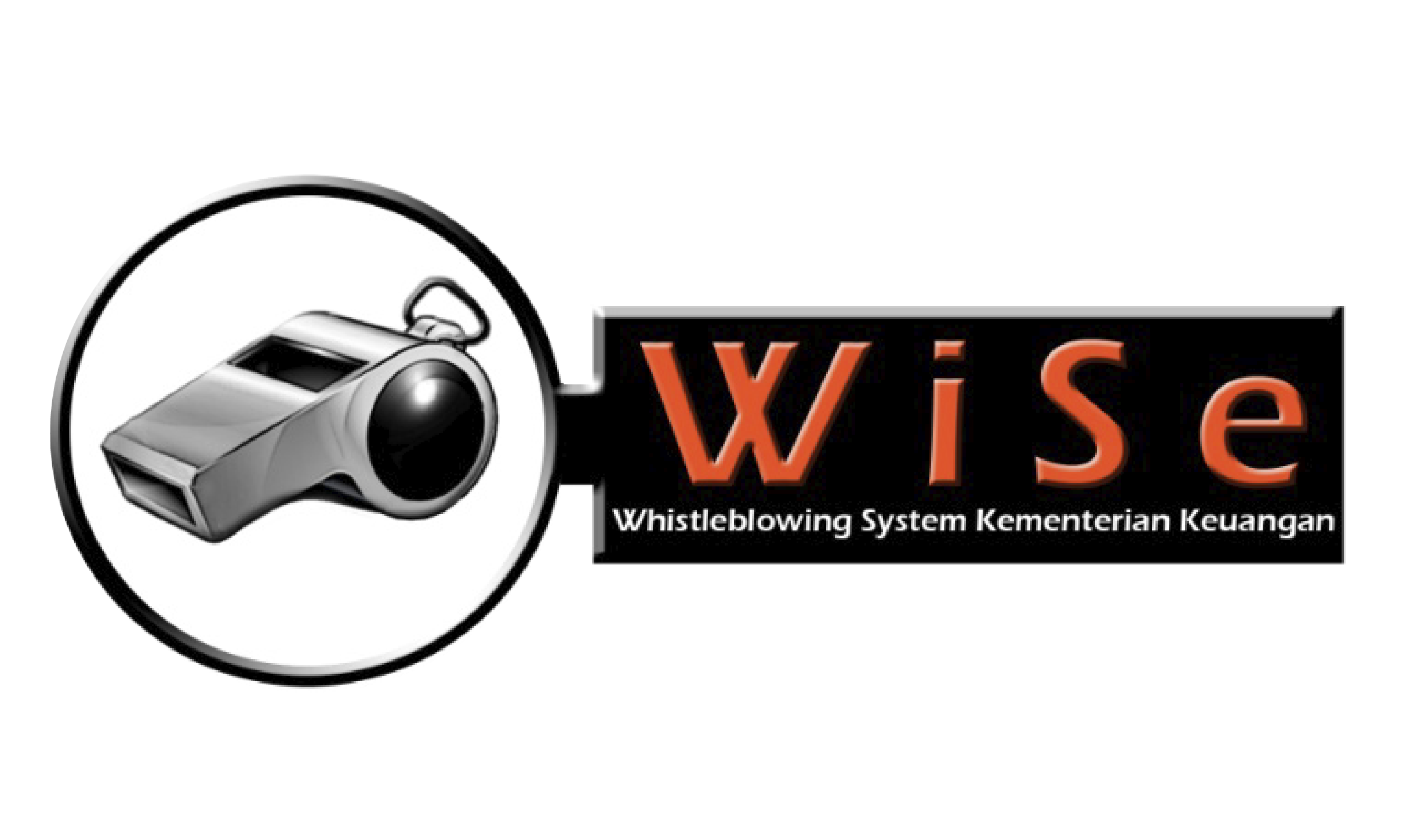Written by: Agung Ariwibowo (public relations, information services, and protocol division)
The pandemic has been going on for almost two years, but its effects are still felt in various regions, including South Sumatra. The central and regional governments continue to launch various programs to overcome the impact. Social protection is one of the concentration of PEN fund allocation, among others through the distribution of Direct Cash Assistance (BLT) from Village Fund. BLT as part of social protection is expected to reduce the impact of the pandemic felt by the community. To be utilized well, continuous steps are taken to optimize the distribution of Village Fund and BLT Village with high accountability.
The low understanding of Village Fund management has led to vulnerabilities in the management of APBDes, especially the budget sourced from Village Fund. The potential for deviations that occur is still relatively high. Even the stigma that Village Fund is the Head of Village Fund has occurred, so it has an impact on the lack of accountability in Village Fund management. Various legal cases related to Village Fund management have been revealed by law enforcement or reported by the public.
There are several conditions that are indicated uncompliance, such as village funds that have been distributed but there is no physical construction or the condition of the community has not received / has only received a portion of the Village BLT. In addition to the potential for corruption in disaster management budgets, the general problem that is often faced is the lack of public information catalysis so that in emergency disaster situations, government policies actually face serious challenges.
Some facts have also been found related to the problems experienced by people in remote villages in South Sumatra such as the poor quality of infrastructure, especially village roads, the lack of quantity and quality of education and health facilities, the high level of unemployment and poverty in villages, the quality of clean water and sanitation that is not yet adequate, as well as limited access to village communities and micro-business actors in villages to business capital assistance. This is ironic because the distribution of Village Fund has been going on since 2016.
The identification of the causes of the above problems include the lack of literature related to good and accountable village financial management owned by village officials, including in it is the wrong perception about the allocation of Village Fund. The main purpose of the Village Fund is for the interests of the Village, not for the interests of the village officials. This contributes to the low commitment of village officials. The weakness of Village Fund governance can be seen from the suboptimal planning and the non-understanding of the process of implementing work funded by the Village Fund, so it has an impact on village officials who cannot account for the use of Village Fund. Another thing that is also no less important is the lack of knowledge of village officials in using the Village Financial System (Siskeudes) application.
The Village Fund ceiling in South Sumatra increases every year. Starting in 2016, the number of Village Fund ceilings received was Rp1.78 trillion to Rp2.69 trillion, or increased by Rp911 billion since 2016. From the large amount of village fund nominal, it apparently has not been able to provide a real impact on the welfare of the people of South Sumatra which is marked by being included in the 10 provinces with the highest number of poor people in 2020 according to BPS.
Kanwil DJPb Provinsi Sumatera Selatan, in carrying out its role as Regional Chief Economist, needs to be supported by various new breakthrough efforts. Therefore, in 2021, Kanwil DJPb Provinsi Sumatera Selatan implemented an education pattern with knowledge sharing of village financial management and village rating survey for sub-district heads in each regency and Open Class themed "Guarding Village Fund Accountability in the Covid-19 Pandemic Era" for village officials. The goals expected from this activity are to increase understanding of village financial management, support the realization of good governance in village financial management, accelerate the distribution of Village Fund, and increase understanding of Village Fund Accountability in the Covid-19 Pandemic Era. Strengthening this literature will certainly accelerate development in the village while also building a positive public perspective or education about the importance of maintaining transparency and accountability so that the APBN can be utilized optimally.
Knowledge sharing is intended for sub-district heads, because sub-district heads are the ones who will carry out government and financial supervision for each village in their area. The sub-district head is an official who certainly understands the characteristics of the villages in their area and must also be the most understanding about village financial governance in order to be able to encourage villages in their binaan area to become villages that meet the characteristics of good governance.













